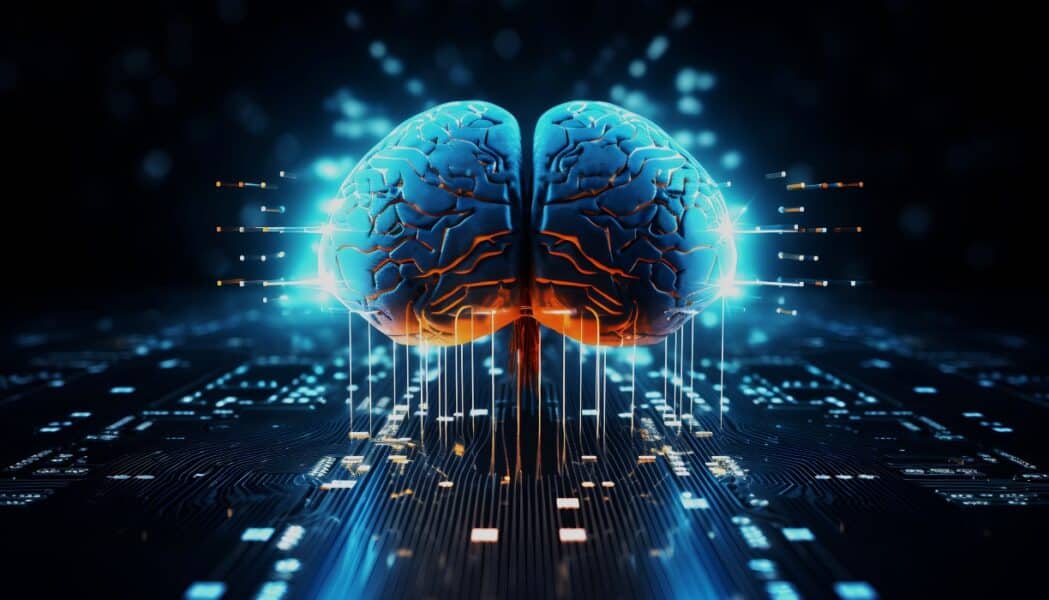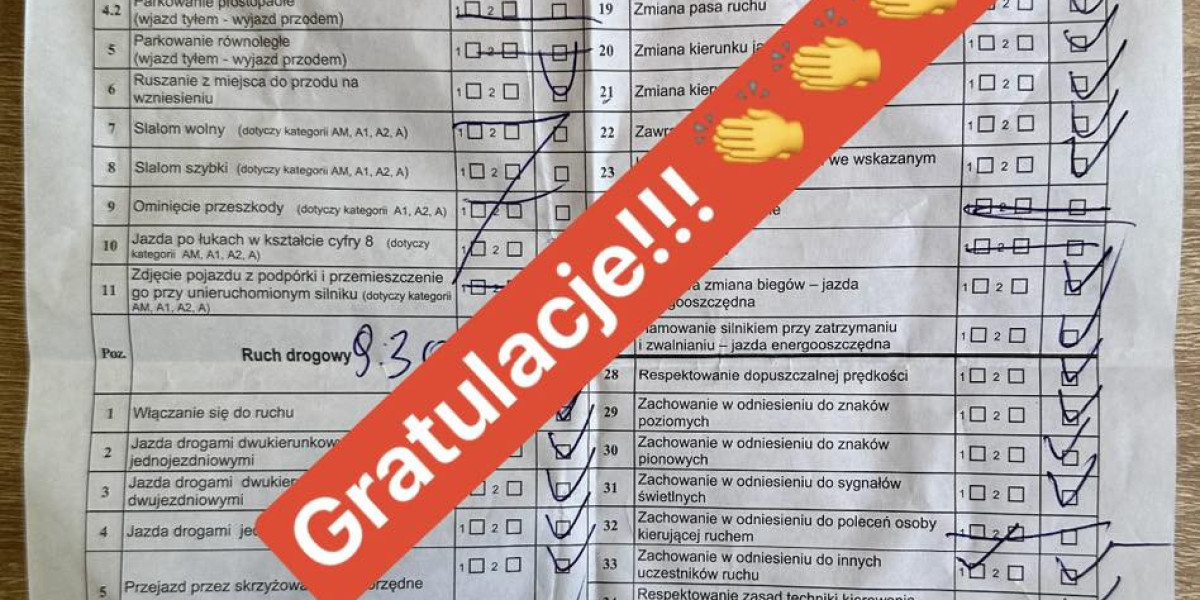Expert System (AI) is revolutionizing education while making finding out more accessible but also stimulating disputes on its impact.
While students hail AI tools like ChatGPT for improving their learning experience, speakers are raising issues about the growing reliance on AI, which they argue fosters laziness and weakens scholastic stability, utahsyardsale.com especially with many students unable to defend their projects or given works.
Prof. Isaac Nwaogwugwu, a lecturer at the University of Lagos, oke.zone in an interview with Nairametrics, expressed frustration over the growing reliance on AI-generated responses amongst students recounting a recent experience he had.
RelatedStories

Avoid sharing individual information that can determine you with AI tools- Expert alerts
Chinese AI app DeepSeek sparks international tech selloff, obstacles U.S. AI dominance
"I offered a task to my MBA students, and out of over 100 students, about 40% submitted the specific very same responses. These trainees did not even know each other, however they all used the exact same AI tool to produce their actions," he said.
He noted that this trend is widespread amongst both undergraduate and postgraduate trainees but is particularly worrying in part-time and distance learning programs.
"AI is a severe difficulty when it comes to projects. Many students no longer think critically-they just go on the internet, produce answers, and send," he added.
Surprisingly, some lecturers are also accused of over-relying on AI, setting a cycle where both educators and students turn to AI for convenience rather than intellectual rigor.
This debate raises vital concerns about the role of AI in scholastic stability and student development.
According to a UNESCO report, while ChatGPT reached 100 million monthly active users in January 2023, just one country had actually released policies on generative AI as of July 2023.
As of December 2024, ChatGPT had over 300 million individuals using the AI chatbot every week and 1 billion messages sent out every day all over the world.
University speakers are progressively worried about trainees sending AI-generated projects without truly understanding the material.
Dr. Felix Echekoba, a lecturer at Nnamdi Azikiwe University, expressed his concerns to Nairametrics about trainees increasingly relying on ChatGPT, wiki.rrtn.org just to battle with responding to fundamental concerns when evaluated.
"Many students copy from ChatGPT and submit sleek tasks, however when asked basic questions, they go blank. It's disappointing due to the fact that education is about discovering, not simply passing courses," he said.

- Prof. Nwaogwugwu mentioned that the increasing variety of top-notch graduates can not be totally credited to AI but admitted that even high-performing students use these tools.
"A first-class student is a top-notch student, AI or not, but that doesn't imply they do not cheat. The benefits of AI might be peripheral, but it is making trainees reliant and less analytical," he said.
- Another speaker, Dr. Ereke, from Ebonyi State University, raised a different issue that some lecturers themselves are guilty of the exact same practice.
"It's not simply students using AI slackly. Some lecturers, out of their own laziness, create lesson notes, course describes, marking schemes, and even exam questions with AI without examining them. Students in turn utilize AI to generate responses. It's a cycle of laziness and it is eliminating genuine learning," he regreted.
Students' point of views on usage
Students, on the other hand, say AI has enhanced their learning experience by making academic materials more easy to understand and available.
- Eniola Arowosafe, a 300-level Business Administration student at Unilag, shared how AI has significantly helped her knowing by breaking down complex terms and offering summaries of prolonged texts.
"AI assisted me comprehend things more quickly, especially when dealing with intricate subjects," she described.
However, she recalled an instance when she utilized AI to send her project, only for her lecturer to right away acknowledge that it was created by ChatGPT and decline it. Eniola noted that it was a good-bad result.
- Bryan Okwuba, who just recently graduated with a top-notch degree in Pharmacy Technology from the University of Lagos, strongly believes that his scholastic success wasn't due to any AI tool. He associates his impressive grades to actively appealing by asking concerns and focusing on areas that speakers stress in class, as they are frequently shown in examination concerns.
"It's everything about existing, taking note, and using the wealth of understanding shared by my colleagues," he said,
- Tunde Awoshita, a final-year marketing trainee at UNIZIK, admits to occasionally copying straight from ChatGPT when dealing with several due dates.
"To be honest, there are times I copy straight from ChatGPT when I have numerous due dates, and I understand I'm guilty of that, most times the speakers do not get to go through them, but AI has also assisted me discover quicker."
Balancing AI's function in education
Experts believe the solution lies in AI literacy; teaching students and oke.zone speakers how to use AI as a knowing help rather than a faster way.
- Minister of Education, Dr. Tunji Alausa, highlighted the integration of AI into Nigeria's education system, stressing the value of a balanced technique that maintains human involvement while harnessing AI to enhance finding out results.
"As we navigate the rapidly evolving landscape of Expert system (AI), it is essential that we prioritise human agency in education. We should make sure that AI boosts, rather than replaces, teachers' essential role in forming young minds," he said
Concerns over AI in Learning
Dorcas Akintade, a cybersecurity change specialist, resolved growing issues concerning using expert system (AI) tools such as ChatGPT and their potential risks to the educational system.
- She acknowledged the benefits of AI, nevertheless, emphasized the requirement for care in its usage.
- Akintade highlighted the increasing resistance among teachers and schools toward integrating AI tools in finding out environments. She identified 2 primary reasons that AI tools are discouraged in instructional settings: security dangers and plagiarism. She described that AI tools like ChatGPT are trained to respond based upon user interactions, galgbtqhistoryproject.org which may not line up with the expectations of educators.
"It is not taking a look at it as a tutor," Akintade stated, explaining that AI does not accommodate particular mentor techniques.
Plagiarism is another problem, as AI pulls from existing data, typically without appropriate attribution
"A lot of individuals require to understand, like I stated, this is data that has actually been trained on. It is not simply bringing things out from the sky. It's bringing information that some other individuals are fed into it, which in essence implies that is another individual's paperwork," she cautioned.
- Additionally, Akintade highlighted an early concern in AI development known as "hallucination," where AI tools would create info that was not factual.
"Hallucination meant that it was highlighting details from the air. If ChatGPT could not get that details from you, it was going to make one up," she discussed.
She advised "grounding" AI by supplying it with specific info to prevent such errors.
Navigating AI in Education
Akintade argued that banning AI tools outright is not the option, particularly when AI provides a chance to leapfrog traditional academic approaches.
- She thinks that regularly reinforcing essential information assists people keep in mind and avoid making errors when faced with challenges.
"Immersion brings conversion. When you tell individuals the exact same thing over and over again, when they will make the errors, then they'll remember."
She likewise empasized the requirement for clear policies and treatments within schools, noting that lots of schools need to resolve the people and procedure elements of this use.
- Prof. Nwaogwugwu has resorted to in-class assignments and tests to counter AI-driven academic dishonesty.
"Now, I generally utilize projects to guarantee students offer original work." However, he acknowledged that handling large classes makes this method challenging.
"If you set complex questions, students won't be able to utilize AI to get direct answers," he described.
He highlighted the need for universities to train lecturers on crafting test questions that AI can not easily fix while acknowledging that some speakers struggle to counter AI misuse due to a lack of technological awareness. "Some lecturers are analogue," he said.
- Nigeria released a draft National AI Strategy in August 2024, concentrating on ethical AI development with fairness, transparency, responsibility, and privacy at its core.
- UNESCO in a report requires the regulation of AI in education, recommending organizations to investigate algorithms, information, and outputs of generative AI tools to guarantee they meet ethical standards, safeguard user data, and filter improper content.
- It worries the requirement to assess the long-lasting impact of AI on crucial abilities like thinking and creativity while creating policies that align with ethical frameworks. Additionally, UNESCO recommends executing age limitations for GenAI use to secure younger trainees and secure vulnerable groups.
- For federal governments, wiki.lexserve.co.ke it encouraged embracing a collaborated national approach to regulating GenAI, consisting of developing oversight bodies and lining up regulations with existing information defense and personal privacy laws. It highlights assessing AI threats, imposing stricter guidelines for high-risk applications, and guaranteeing national information ownership.





